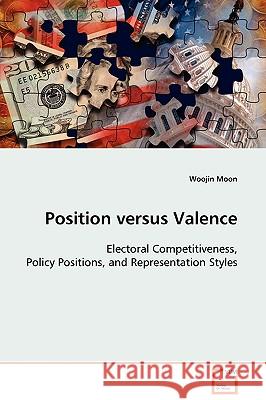Position versus Valence » książka
Position versus Valence
ISBN-13: 9783639125818 / Angielski / Miękka / 2009 / 160 str.
This book analyzes the three questions in political competition: Who wins? What position does a candidate take? Why are some candidates policy- oriented but others are valence-oriented? Chapter 2 attempts to answer these questions by presenting a formal model that brings the spatial theory of voting and empirical studies together. The model specifies electoral competition as revolving around candidates positions and valences. Two candidates spend their resources on valences to sway citizens voting decisions but they are constrained by their party activists providing them with electoral resources. The model predicts that candidates with valence advantages adopt more moderate positions. Chapter 3 tests this prediction in the context of US senate elections. Chapter 4 applies the model to solve the puzzle: Why is incumbent spending less effective than challenger spending? Chapters 5 and 6 apply the model to analyze regional voting in South Korea. In these chapters, it is argued that regional appeals become a more effective way to win votes as the parties ideological positions become less distinguishable.











